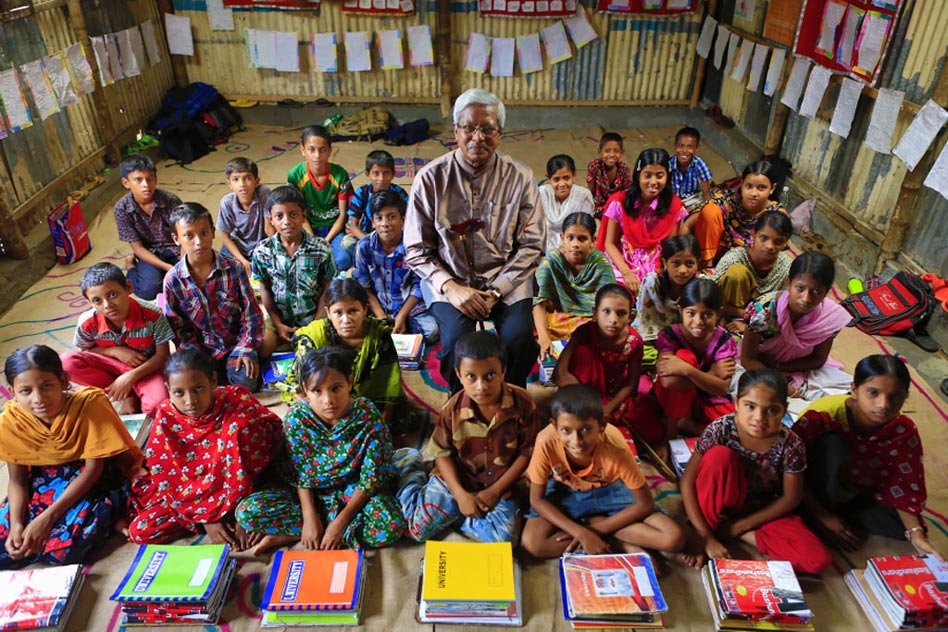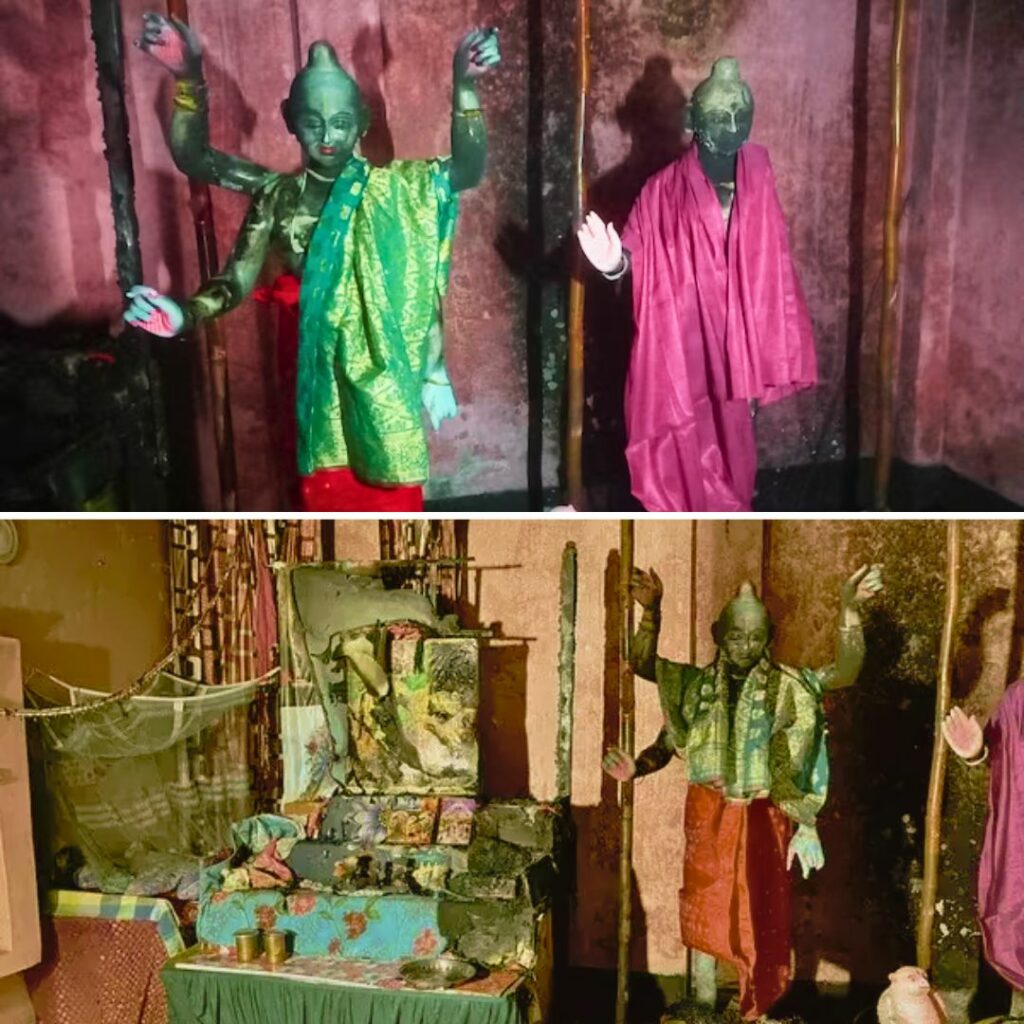Image Source: downtoearth
This is another feather in his cap. Fazle Hasan Abed of Bangladesh is the winner of The World Food Prize 2015 and will receive the US$ 2,50,000 in Des Moines, Iowa, in October. The World Food prize is an international award recognizing the achievements of individuals who have advanced human development by improving the quality, quantity, or availability of food in the world.
The laureate is credited with developing “the most anti-poverty organization in the world” – namely BRAC, which was earlier known as Bangladesh Rural Advancement Committee. The world’s largest non-profit organization is no more confined to Bangladesh but covers over ten other developing countries including Afghanistan, Pakistan, the Philippines, Sri Lanka, Liberia, Sierra Leone, South Sudan, Tanzania, Uganda and Haiti. You can visit the official website using the link below.
BRAC has helped raise more than 150 million people out of poverty since its inception in 1972. Hasan, 79, already has over 15 awards under his belt, including the Ramon Magsaysay Award for Community Leadership (1980) and the Trust Women Hero Award (2014). He was also knighted by the British Crown in 2009 and is now called as Sir Fazle Hasan Abed.
Born in Bangladesh in 1936, Sir Fazle was educated at Dhaka and Glasgow Universities. While he was working as a senior corporate executive at Shell Oil, the 1971 Liberation War in Bangladesh broke out. It proved to be the turning point of his life when he left his job, moved to London and devoted himself to Bangladesh’s war of independence. He was at the forefront of a fundraising and awareness campaign called Help Bangladesh.
Thereafter, he returned to a newly independent, war-torn Bangladesh which was flooded with refugees who had sought shelter in India during the war. BARC was established to rehabilitate the returning refugees in a remote are in north-eastern Bangladesh. The primary objective of this organization was alleviation of poverty through empowerment of the poor. According to M S Swaminathan, the pioneer of India’s green revolution, chairman of the World Food Prize Selection Committee and the first World Food Prize Laureate in 1987, “Abed soon realized that the better strategy would be to complement state efforts rather than replacing them”.
This meant not to be diverted by donor agendas but to formulate internal financial resources to begin with. Therefore, Abed set up a considerable number of commercial enterprises as part of the BRAC ‘brand’, like printing press, manufacturing industries, a hotel, conference facilities, retail outlets and the private BRAC University. These generate the funds required to support BRAC’s development programmes.
Sir Abed has formulated many strategies that could benefit the poor, like development of scalable models, integration of scientific innovation, local participation, microcredit programmes that provide small loans to women, and a sustainable agriculture project in Bangladesh based on poultry farming. Within two decades the poultry project involved 1.9 million women and had developed a network that connected local activities to the wider national economy.
Aimed at increasing crop and livestock production, ensuring environmental sustainability, providing adaptability to climate change, and affordability for marginal and small farmers, BRAC’s agriculture and food security programmes developed by Abed have helped more than 5,00,000 farmers gain access to efficient farming techniques, proven technologies and financial support services over 40 years.
As stated earlier, woman empowerment has always been at the centre of Sir Abed’s visionary efforts, since he feels that “the empowerment of women leads to massive improvements in quality of life for everyone, especially the poor.” Hence, there is a focus on healthcare of women and children, education, microfinance, and bringing women within the folds of village and community participation.
This needs a little elaboration. In order to tackle child mortality in the 1980s, Abed and his associates went from door to door, training mothers how to make oral rehydration fluid at home to combat diarrheal deaths. This reduced the number of deaths to half over a decade. Through BARC’s efforts, between 1986 and 1990, the proportion of immunized Bangladeshi children rose from 2% to 70%, and up to 95% in the areas where BRAC works.
1.14 million Children are currently enrolled in BRAC’s 38,000 primary and pre-primary schools, and 9.51 million have graduated. More than 2,60,000 teens from disadvantaged backgrounds are imparted life skills training through BRAC’s youth empowerment clubs.
According to the laureate, in 2015, BRAC is likely to meet five out of the eight millennium development goals. Now the world is preparing to adopt the sustainable development goals in place of the millennium development goals which will set the global development agenda for the next 15 years. Hence, there is a renewed focus on eliminating extreme poverty. “Everything we did in Bangladesh we did with one focus: getting poor people out of poverty because we feel that poverty is dehumanising.” Sir Abed is of the opinion that BRAC’s work with the poorest 8% of Bangladeshis had shown that even the ultra-poor could be reached if the commitment to work with limited resources is available.
He has indeed set up an example by being the role model who has achieved this seemingly impossible feat and inspiring many others to look beyond the limitations and work to manipulate them to their advantage to eradicate poverty. Hats off to Sir Abed from The Logical Indian community!











